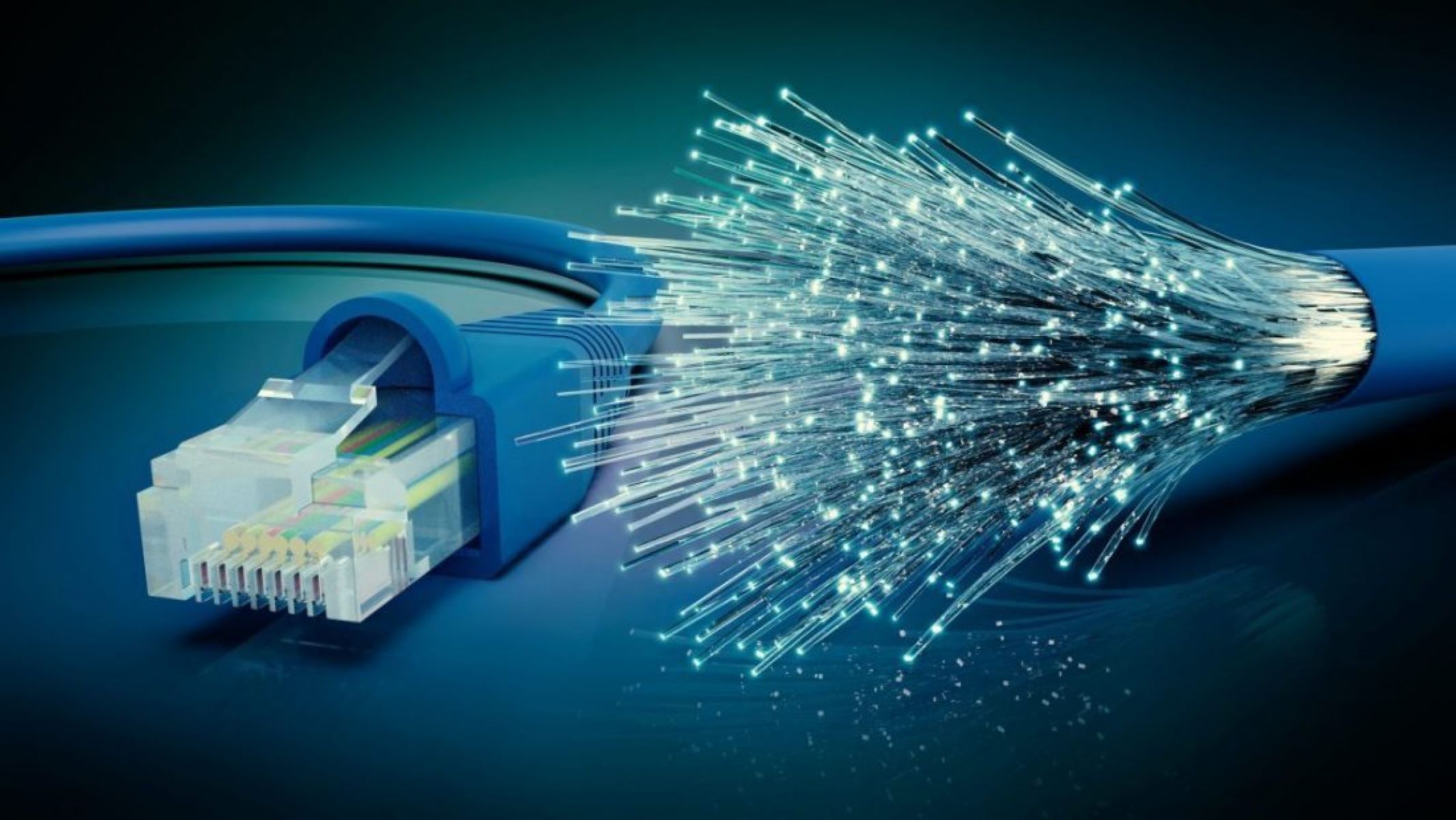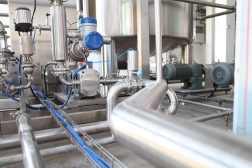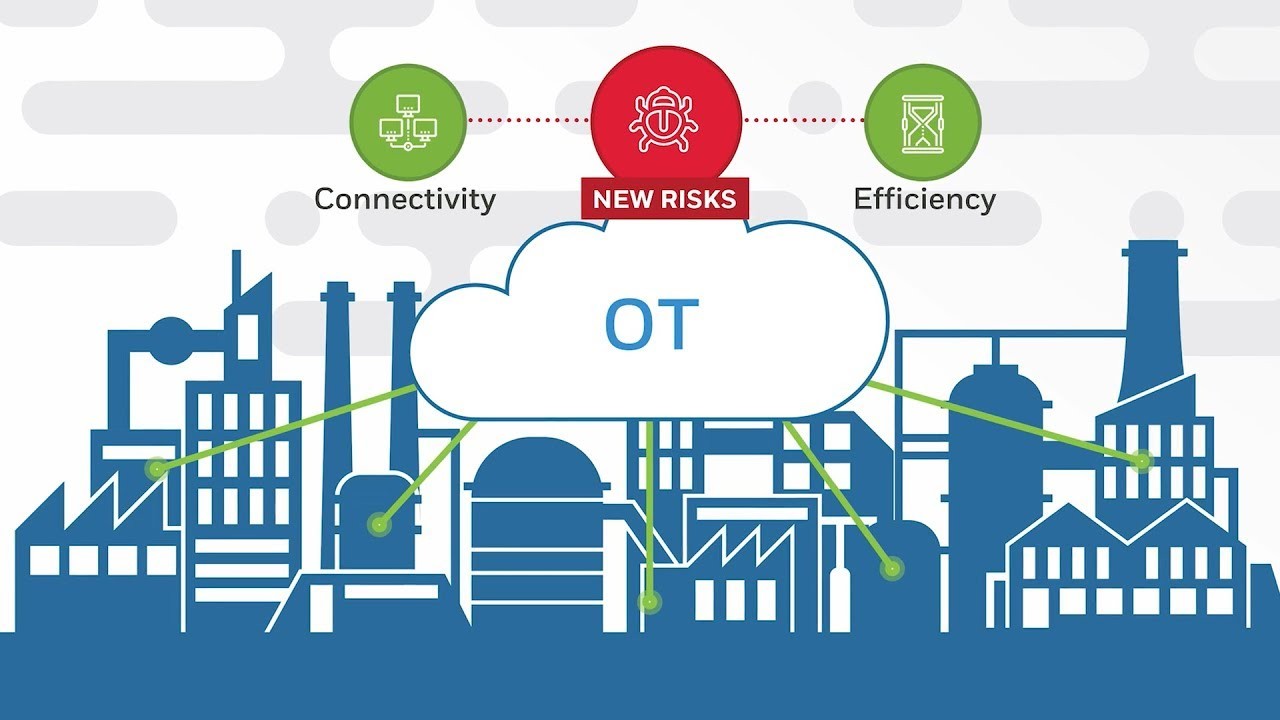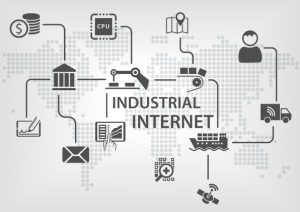Industrial automation is a complex dance of machinery and processes, and at the heart of it all lies the Programmable Logic Controller (PLC). Often overshadowed by the marvels of robots and AI, PLCs are the unassuming yet essential maestros, orchestrating production with a concise precision. But what exactly are PLCs, and why are they so critical according to the famous Brazilian industry automation expert Marcelo Miranda.
Demystifying the PLC: A Rugged Industrial Computer
Think of a PLC as a rugged computer specifically designed for the industrial environment. Unlike your home PC, PLCs are built to withstand harsh conditions like extreme temperatures, dust, and vibrations.
They serve as specialized industrial computers employed to automate electromechanical processes in manufacturing environments, industrial plants, and related applications. Their primary function is to operate machinery and manage processes based on specific input conditions, logic sequences, and output commands.
PLCs excel in real-time control, continuously monitoring sensors, analyzing data, and transmitting signals to various industrial equipment, ranging from assembly line robots to conveyor belts and temperature control systems.
Transformative Power of PLCs
Marcelo Miranda emphasizes the transformative power of PLCs. Their versatility is unmatched, offering a range of benefits that resonate throughout the industry:
- Enhanced Efficiency: PLCs streamline operations by automating repetitive tasks, minimizing human error and ensuring consistent production quality. This translates to increased output and a smoother workflow.
- Reduced Downtime: PLCs quickly identify and diagnose issues, allowing for faster troubleshooting and repairs. This keeps production lines running smoothly, minimizing costly downtime.
- Adaptability: Modern PLCs are incredibly flexible. Programs can be easily modified to accommodate changes in production requirements or new equipment integration. This ensures that PLCs can adapt to the ever-evolving industrial landscape.
- Cost-Effectiveness: PLCs deliver a high return on investment. Their efficient operation leads to increased productivity, reduced waste, and lower maintenance costs, creating a significant financial advantage.
The Future of PLCs: Embracing Industry 4.0
As Industry 4.0 ushers in an era of hyper-connected manufacturing, PLCs are evolving to meet these evolving demands. This transformation aims to turn conventional manufacturing settings into agile, efficient, and adaptive ecosystems that can effectively respond to dynamic market demands and drive continuous improvement through data-driven insights and automation.
To delve deeper into this evolution, let’s draw insights from Marcelo Miranda:
- IoT Integration: PLCs are increasingly equipped to seamlessly connect with Industrial Internet of Things (IoT) devices. This allows for real-time data collection and analysis, enabling predictive maintenance and further optimization of production processes.
- Enhanced Communication: Advanced communication protocols allow PLCs to interact with other control systems and factory floor devices, fostering a truly integrated and intelligent manufacturing environment.
- Cybersecurity Focus: As reliance on PLCs grows, so does the need for robust cybersecurity measures. Manufacturers are implementing advanced security features within PLCs to safeguard against potential cyber threats, a crucial aspect that Marcelo highlights for future PLC development.
Marcelo’s Expertise Illuminates the PLC’s Role in Innovation
According to Marcelo’s expertise, PLCs optimize efficiency, productivity, and reduce labor costs by performing complex tasks with precision and speed, minimizing downtime and enabling quick responses to changing operational conditions.
Additionally, PLCs offer flexibility and adaptability in modern manufacturing, allowing users to modify and adapt processes rapidly. They facilitate integration and connectivity with other systems, enabling continuous communication and contributing to improved safety and reliability in industrial processes. PLCs also play a key role in data collection and analysis, providing valuable insights for informed decision-making and supporting scalability from small to large-scale industrial operations.
As a technology in constant development and evolution, it becomes more sophisticated each year and will soon usher in a new era of intelligent and interconnected manufacturing. According to Marcelo, by understanding the power of PLCs, we can harness and realize the true potential of intelligent automation in the coming years.
The Voice of PLC Expertise
Marcelo Miranda is a Brazilian expert with over thirty years of experience in Industrial Automation, specializing in PLC and HMI software development, industrial networks, and pneumatic/hydraulic systems. He has excelled in applying these technologies to processes, machines, and Industrial Automation Systems, contributing to standards that ensure code reuse across different equipment.
Marcelo is recognized as an expert in Industrial Automation due to his extensive experience and significant contributions to the field. As CEO and Engineering Project Manager of ACCEDE INDUSTRIAL AUTOMATION, he founded the company in 1997 and has since played a key role in its development and success. His leadership and expertise have been instrumental in managing product development, from sales to concept definition, projects, and equipment construction. Additionally, Marcelo has experience as an Industrial Automation Specialist at TECH CONTROL AUTOMATION LLC in the USA, an industrial automation service company. There, he develops application software for PLC, HMI, and web servers for various types of machines and processes, drawing on his broad experience in areas such as electrical, mechanical, hydraulic, pneumatic, robotics, among others. With a team of 28 professionals and a range of successful projects, Marcelo demonstrates exceptional ability in developing automation systems for various industrial segments, excelling in assembly systems, machining, product testing and validation, traceability systems, and control of automation systems already operating at customer facilities. This unique combination of experience and knowledge highlights Marcelo’s diverse skill set, certifications, and notable educational background, positioning him as a prominent professional in the field of Industrial Automation.
Marcelo Miranda has made significant contributions to the Brazilian media, sharing his techniques and observations in the field of automation with industry professionals and enthusiasts. His contributions have shed light on important issues and provided valuable insights into the industry.
In conclusion, PLCs, the unsung heroes of automation, play a critical role in driving intelligent manufacturing forward. Their versatility and adaptability make them essential for streamlining operations, boosting efficiency, and ensuring consistent quality. As Marcelo Miranda emphasizes, PLCs are poised to be even more transformative in the era of Industry 4.0. By embracing IoT integration, enhanced communication protocols, and robust cybersecurity, PLCs will form the backbone of intelligent and interconnected factories, paving the way for a future of optimized production and data-driven decision-making. With continued development, PLCs promise to unlock the true potential of intelligent automation, ushering in a new era of industrial excellence.

























